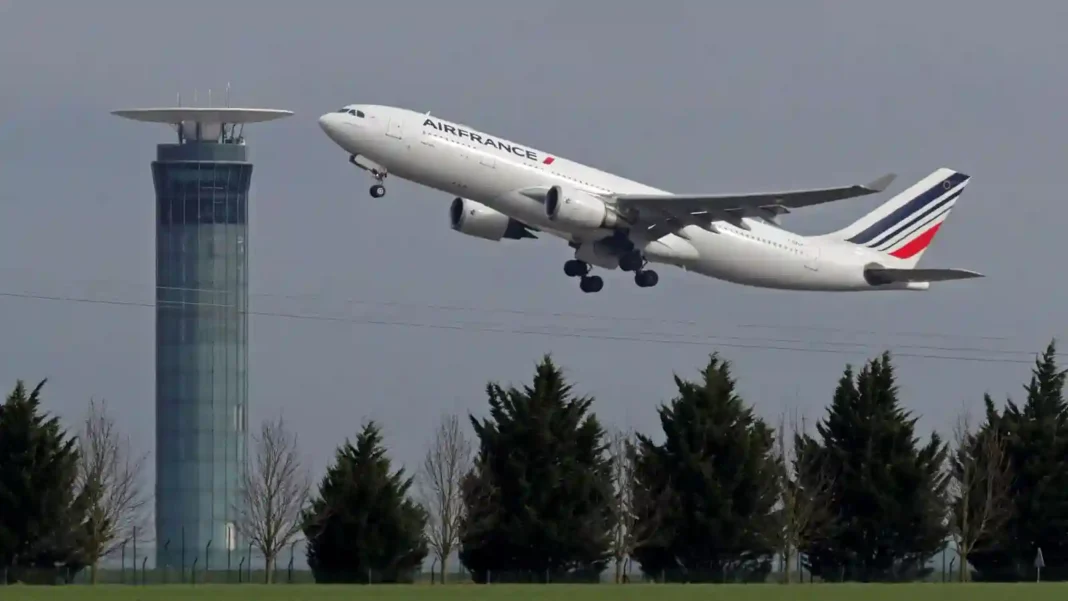In a groundbreaking move, French air traffic controllers have been accorded the right to adjust their work hours, including the ability to arrive three hours late and leave three hours early, under a new agreement reached between the National Union of Air Traffic Controllers and the French government.
This practice, known as “clearances,” has been officially recognized, marking a significant shift in labor dynamics within the aviation sector.
Reported by French media outlets, the agreement comes amidst escalating tensions between workers and the government, with the looming threat of strikes ahead of the Paris Olympics.
The deal, a result of negotiations between the union and authorities, aims to address longstanding grievances and improve working conditions for air traffic controllers.
Clearances, traditionally practiced during quieter periods, have now been legalized, granting controllers greater flexibility in managing their schedules.
This move is expected to enhance efficiency and alleviate work-related stress among aviation personnel. Additionally, air traffic controllers stand to benefit from substantial improvements in compensation and benefits.
Under the terms of the agreement, air traffic controllers will receive a pay rise of up to €18,000 (£15,500) along with an additional 18 days off annually.
Furthermore, they will be eligible for retirement at the age of 59, signaling a departure from the previous retirement age norms. The total cost of the deal is estimated to be €70 million (£60.2 million) over a span of four years, with funding sourced from airlines.
The agreement marks a significant victory for the National Union of Air Traffic Controllers, who had threatened to initiate strike action prior to the Paris Olympics.
By addressing the concerns of workers and implementing tangible reforms, both the union and the government have averted the possibility of widespread disruption during a crucial period for the country.
However, the aviation sector is not the only industry grappling with labor disputes ahead of the Olympic Games. Unions representing various sectors, including healthcare professionals and public service workers, have also voiced grievances regarding compensation and working conditions during the summer holiday season.
The threat of strikes looms large unless the government takes adequate measures to address these concerns. Industrial relations in France remain strained, with recent protests staged by teachers, police officers, and farmers underscoring broader discontent over government policies.
These demonstrations follow last year’s massive protests against proposed changes to the retirement age, highlighting ongoing challenges in achieving consensus between labor groups and policymakers.
As France navigates through these turbulent times, the recognition of clearances for air traffic controllers serves as a testament to the power of dialogue and negotiation in resolving labor disputes.
Moving forward, it will be imperative for stakeholders to continue fostering constructive engagement to ensure the sustainable growth and stability of the country’s workforce.
In summary, the agreement between air traffic controllers and the government represents a pivotal moment in France’s labor landscape, offering a glimpse of hope amidst prevailing tensions and uncertainties.




